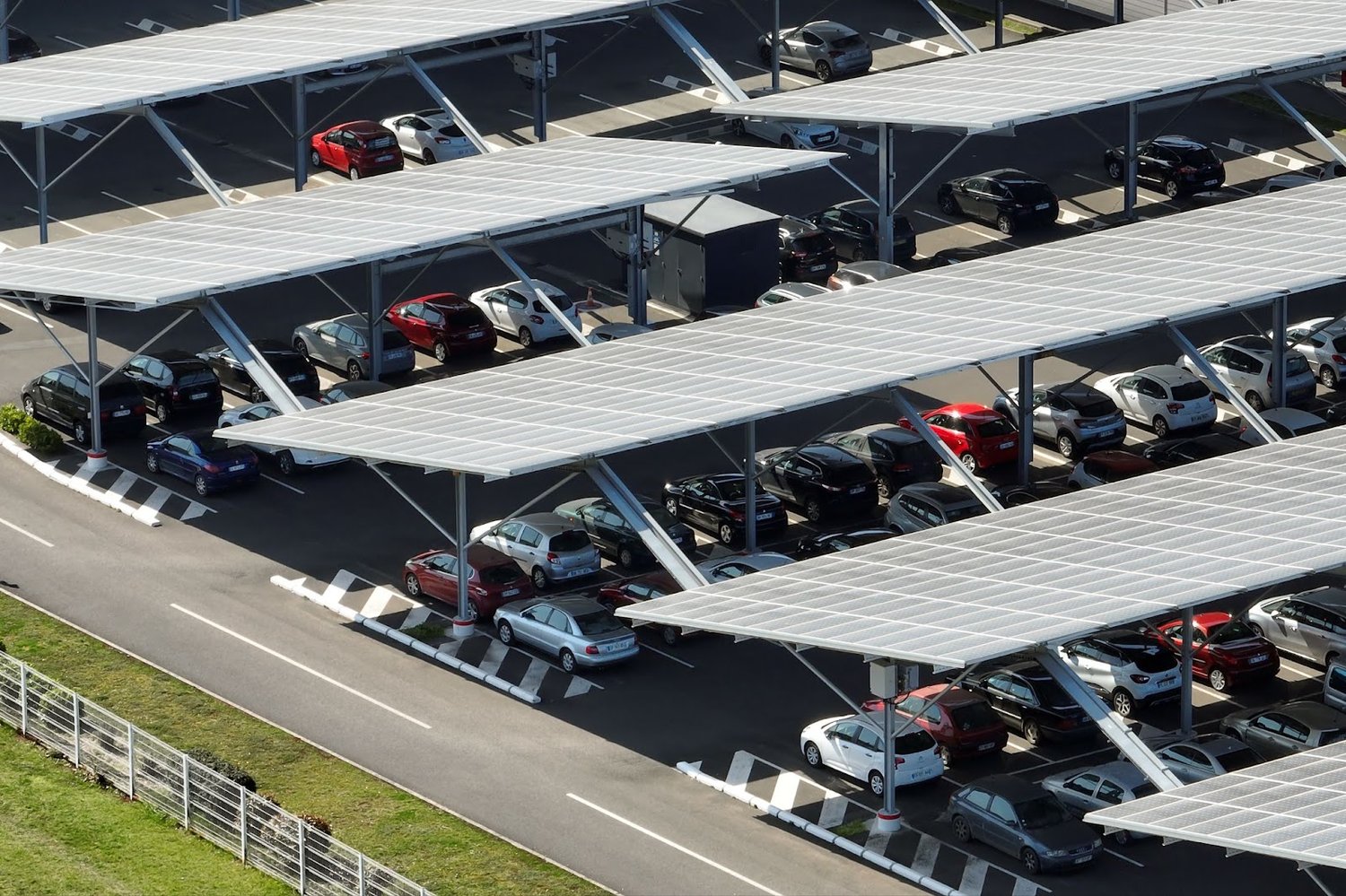hippees in 1970 turned solar gurus
That’s an inaccurate generalization.
I was born in 1965. I did a ‘science fair’ project in 1978 (that got laughed at, btw- teachers explained how impractical it was

) that focused on solar and I even created a small homemade solar hot water heater and made several storyboards depicting the efficacy of solar power, one describing passive heating.
And I am as far from hippie as you can get, still take a shower every day, too.

Being self sufficient is hard to place a monetary value on. Also have a wood stove
That’s my goal for next summer: unpropane myself except for cooking maybe hot water.
I think I want to have ~2000gals of 190*F water battery.
I live in Vermont, grew up in NH
Lotta independence kinda people that don’t look, smell, or sound like the teepee land rover people we had in the woods around loudon, nh ?
still think most of us are independent types.
I do keep track of my ROI but it’s not the sole reason for doing this.
In my circumstances that I chose to change my financial position my initial small system was essentially paid for in three weeks because it permitted me to live essentially cost free. While my total solar panel potential (if I activated them all) is now up to ~5kW of panels, ROI was my secondary motivation. An unanticipated benefit is that I love playing around with this stuff so there’s the hobby factor…
Most of us see the writing on the wall and are trying to prepare as best we can.
In my previous location a neighbor called me. They heard my shop vac running. They stated I was probably the only one in town vacuuming anything because they’d been without power for over six hours….
Prepared? That is a comfort.
grid won't be coming on our property
I have two powerco poles right on my property. Powerco wanted $3500 to connect me. My system’s been paid for a coupla years now because it enabled me living for basically nothing. $3,500 so they can bill me every month? Nope.
the average EV uses less than 1 MWh / year
Most people aren’t average; the average EV is a skewed statistic because the population subset of EV owners do not reflect the average dinosaur fuel owner.
A general descriptor or stereotype as a euphemism is a method of speech to establish context not call out the unidentifiable fictitious members of the stereotype group…
per year is about 14,263 miles.
Math is so… revealing
most people would be selling their power to the grid.
but that will decline as the emerging market we exist in currently becomes mature and is manipulated to maximize profit as the cost/benefit of individual contribution reaches its ‘natural’ price level if spoken in an Adam Smith context.
not doing grid tie pretty much assured that won't happen








